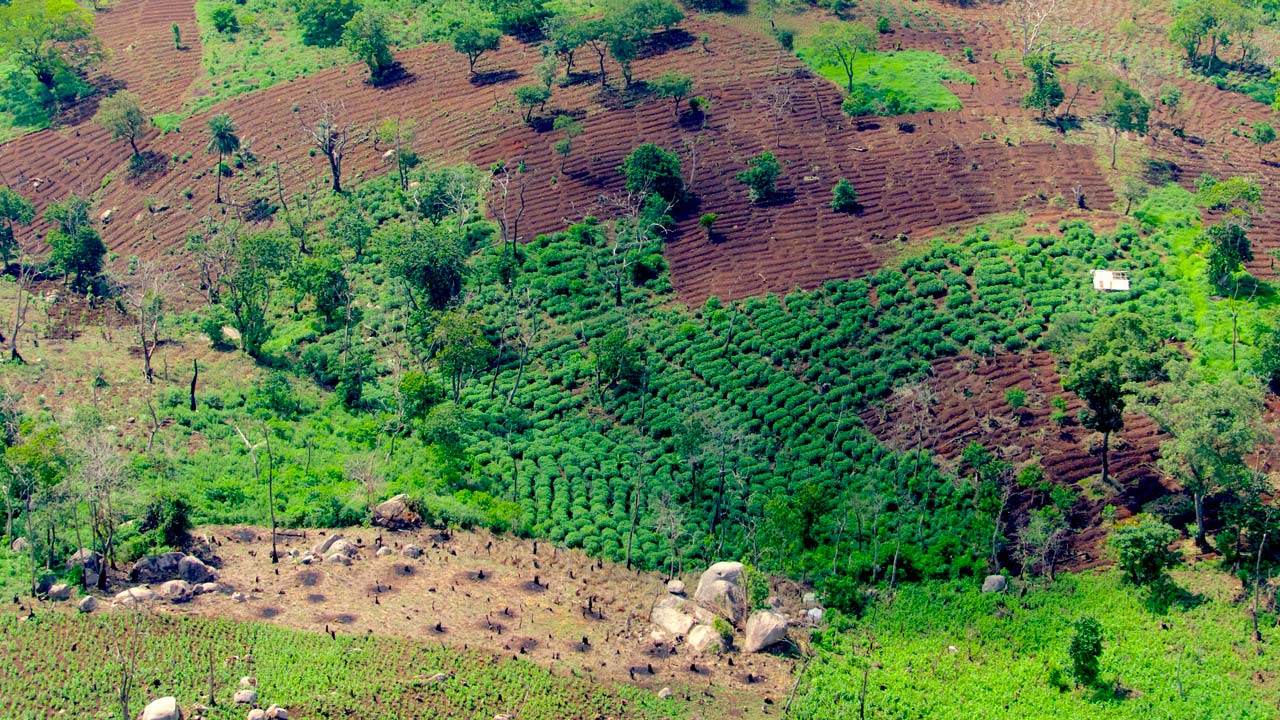
Ten years ago, the United Nations Committee on World Food Security adopted the VGGT with the goal of eradicating hunger and poverty by promoting secure and equitable rights and access to land, fisheries, and forests. The VGGT adoption sparked a flurry of funding and activity in the land tenure and property rights sector, but there has been a significant shortfall in expected outcomes for increased tenure security. Can its promise still be realized?
Dr. Myers and I played a critical role in the VGGT negotiations. In our recent publication in ScienceDirect, “Reflections on the Limited Impact of the VGGT in Sub Saharan Africa and Opportunities for its Future with Lessons from Nigeria and Sierra Leone,” we observe some important steps taken toward success, including the establishment of multi-stakeholder platforms for dialogue on land policy. We present case studies from Sierra Leone that highlight examples where VGGT-focused dialogue has led to significant policy reform. We also present studies from Nigeria where states, in partnership with the private sector, civil society, and development partners, have borrowed ideas from the VGGT—in combination with the Principles of Responsible Investment in Agriculture and Food Systems (PRIA)—to strategically address insecure property rights at scale. However, examples are not, and will not, be sufficient to fully fix the problem on a regional or global scale.
Today we cannot say the VGGT has directly improved the property rights of a billion people—or even a million people. Noting the lack of evidence to rigorously estimate the impact—or lack thereof—of the VGGT for Sub-Saharan Africa, our analysis of the available quantitative and qualitative information suggests little change in tenure security and reveals a widely held view that tenure insecurity persists. We argue that the promise of the VGGT’s potential is dwindling, rather than growing. As the development community moves further from the catalyzing moment of the VGGT consensus, governments, development partners, civil society, and the private sector seem stuck within business as usual approaches.
To stimulate discussion of how to drive greater change, our article looks at opportunities that may have been missed during the negotiations to better set the table for effective implementation and suggests potential value in reconsidering or supplementing the VGGT.
We conclude that there is still some promise of addressing land and property rights via the VGGT, particularly when combined with other international agreements such as the PRIA or the U.S. Agency for International Development’s Operational Guidelines for Responsible Land-Based Investment. If the private sector and civil society join with governments and international development institutions to focus resources and attention on workable solutions that are mutually beneficial, then the promise is more likely to be delivered on.
Read our reflections on the impact of VGGT in Africa, promising applications, and lessons for future negotiations.
About the author
Dr. Jolyne Sanjak
Dr. Jolyne Sanjak is a senior associate with Tetra Tech’s Land Tenure and Property Rights practice.
She has more than 25 years of experience in the land tenure sector and previously served as Chief Program Officer at Landesa and Deputy Vice President, Sector Operations at the Millenium Challenge Corporation. She also served as the lead U.S. representative in VGGT negotiations.